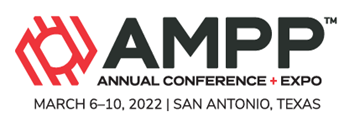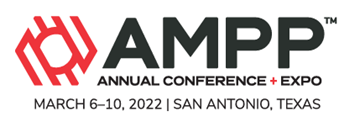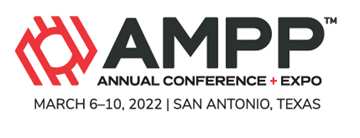Search
The NEPCOAT Story- Bridge Paint Selection In The North East
Also Purchased
The Evaluation Of Corrosion Behavior Of Austenitic Stainless Steels And Ni-Based Alloys In Molten Salts Under Isothermal And Thermal Cycling For Condition Concentrated Solar Power Plants
Product Number:
51322-17529-SG
Publication Date:
2022
$20.00
The Influence Of Applied Extension Rate And Specimen Geometry On Assessment Of SSC Resistance By Novel NTSSRT Method
Product Number:
51322-17624-SG
Publication Date:
2022
$20.00
The Effect Of Sulfur Components Of Corrosion Inhibitors On Chemical Qualification
Product Number:
51322-17801-SG
Publication Date:
2022
$20.00
Recently viewed




